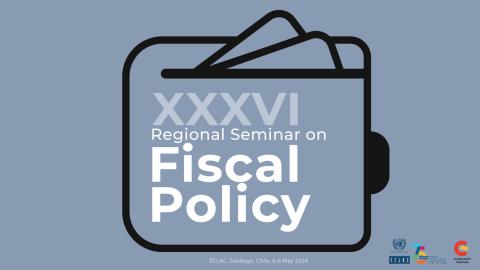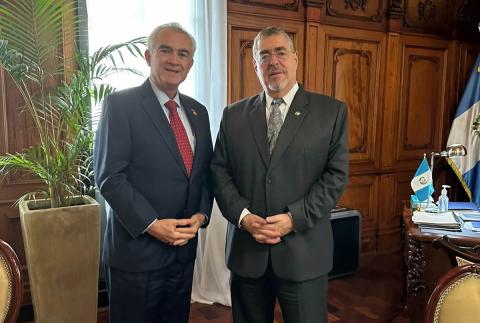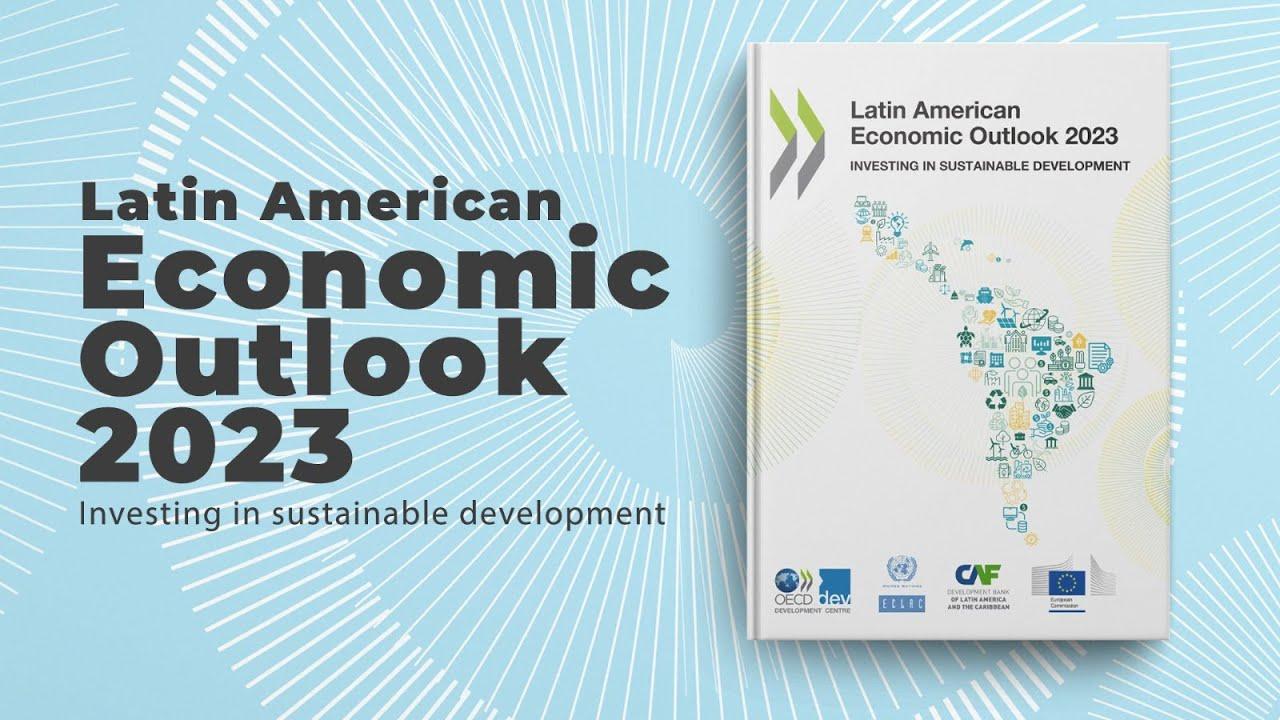Announcement
The visit that the Vice-President of the People's Republic of China, Xi Jinping, will carry out to several Latin American nations in the next few days provides an opportunity to focus the regional debate on the urgent need to rethink the strategic link between Latin America and the Asian giant.
It is time to step up the quality of this relationship. We must diversify exports to China, incorporate more value and knowledge into them, boost business, trade and technological partnerships, attract more and better Chinese investment and promote Latin American investment in China and Asia-Pacific.
This would be reinforced if the region could define its priorities in its relations with China, thereby surpassing the limitations of national efforts that have prevailed to date.
Latin America and the Caribbean could work on outlining a strategic rapprochement to China, as the latter did in the form of the White Paper that was the official document presenting China's foreign policy for our region.
Renewed regional coordination would bring about progress in a shared agenda of initiatives aimed at strengthening economic and trade relations with China, as well as regional cooperation and integration efforts themselves. On this basis, and initially based on technical round tables, we might see the advent of a Summit of Heads of State from China and Latin America in the next few years, as this could be a key body in terms of attracting Chinese investment and diversifying trade with the country.
For many years, ECLAC has been taking part in various forums aimed at strengthening economic relations between Latin America and the Caribbean and Asia-Pacific (and China in particular). ECLAC has been involved in the four meetings of the China-Latin America Business Summit and the five ministerial meetings of the Latin American Pacific Basin Initiative, among others.
There is no longer any doubt that China has become a strategic trading partner for Latin America and the Caribbean, and there are considerable opportunities for concluding export and investment agreements in fields such as mining, energy, agriculture, infrastructure and science and technology.
Given the size of the Chinese market, these possibilities could be boosted by means of joint or coordinated efforts involving several countries, or through regional integration bodies.
As a result of its economic performance over the past 30 years, China has become the world's second largest economy, main manufacturer and top exporter of goods. Since 2008, China has become one of the main sources of direct investment worldwide, and is the fifth biggest global investor. In Latin America, these flows became significant in 2010, as demonstrated in the ECLAC report Foreign Direct Investment in Latin America and the Caribbean 2010, which was launched in early May.
According to ECLAC studies, by the middle of this decade China could replace the European Union as the second destination market for the region's exports (behind the United States). In terms of imports, by the same time China could take over the European Union as the second source of imports for the region.
Several Latin American countries are significantly dependent on China as a trading partner, particularly Chile, Peru, Argentina, Costa Rica and Brazil. However, the region's export basket to China as a whole remains focused on raw and processed materials, with varying degrees of specialization.
High Chinese demand for food, energy, metals and minerals has led to an improvement in the terms of trade of South America, thereby stimulating economic growth there.
This trade relationship provides the explanation for the subregion's resilience during the recent global financial crisis. Notwithstanding the above, probably as a result of the trend towards currency revaluation, in many such countries debates are under way about the "reprimarization of exports" or "de-industrialization", and these must be tackled in the light of the requirements for export diversification policies.
If the quality of the trade and investment links with China can be improved by diversifying exports and increasing the level of value added and knowledge incorporated, it will be more feasible to integrate the Asian production chains that have been built up around China and that are key to buoyancy in Asia-Pacific.
Alicia Bárcena
Executive Secretary
Economic Commission for Latin America and the Caribbean (ECLAC)
Op-ed published in:
Other languages:


